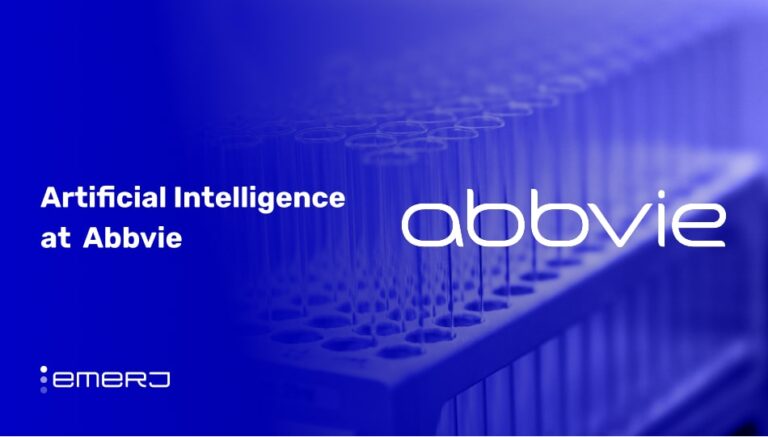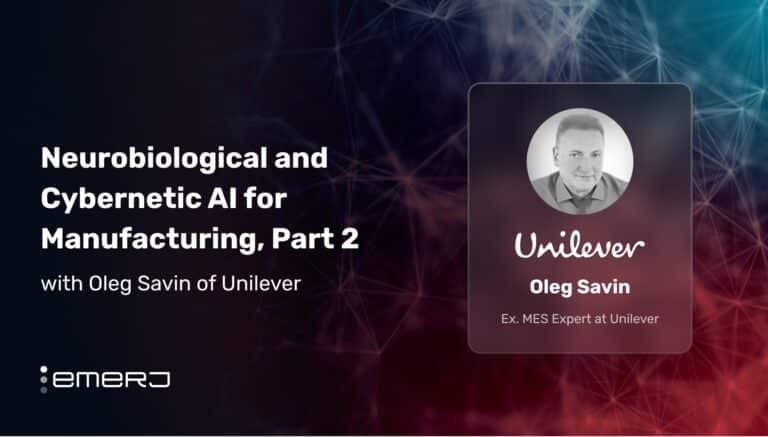1 – A $2 Billion Chip to Accelerate Artificial Intelligence
San Jose-based Nvidia announced a new chip, designed especially for deep learning, during a company event this past Tuesday. The TeslaP100 could allow researchers to feed more data through artificial neural networks, potentially leading to more breakthroughs in the field. CEO Jen-Hsun Huang stated,
“For the first time we designed a [graphics-processing] architecture dedicated to accelerating AI and to accelerating deep learning.”
The company invested over $2 billion to create the new chip, which features a total of 15 billion transistors that could allow it to process information 12 times faster than Nvidia’s previously-released chip. Researchers from Facebook, Microsoft, and select others were granted early access to the chip, and leading institutions such as University of California, Berkeley, Stanford, New York University, and MIT are being given models of the computer, which will retail for $129,000.
(Read the full article on MIT Technology Review)
2 – IBM Watson is Working to Bring AI to the Blockchain
IBM is at the beginning of a research project that will merge its Watson deep learning technology with the blockchain capabilities of safer value exchange. This union could usher in a new era for connected devices, a market predicted to reach 20.8 billion devices by 2020. IBM’s Chief Architect of Internet of Things (IoT) security Tim Hahn described the effort:
“What we’re doing with blockchain and devices is enabling the information those devices supply to effect the blockchain…You begin to approach the kind of things we see in movies.”
Projected applications include the use of distributed ledgers to enable devices to perform scheduled self diagnoses, as well as the ability for human regulators to pinpoint and assess any devices failures at a certain point in time. IBM is investing $3 billion over four years to build a unit dedicated to research in the area of IoT. Hahn’s project, while still in its prototype stage, could also potentially be used to improve security analytics, data protection, auditing and logging.
(Read the full article on CoinDesk)
3 – Using Artificial Intelligence to Help Blind People ‘See’ Facebook
On Monday, Facebook introduced software that serves as “eyes” for blind users. The ‘automatic alternative text’ (automatic alt text) uses advanced object recognition technology to dictate details of an image to users. Prior to this release, those using screen readers were able to hear just the name of a person in a photo; automatic alt text adds descriptions of objects like “image may contain three people, smiling, outdoors.” Automatic alt text is being launched initially only on iOS screen readers in English, but has plans to expand the technology to other platforms and languages int he near future.
(Read the full article on Facebook News)
4 – Toyota Expands AI, Robotics Research to Third Facility
Toyota is adding a third AI and robotics research facility in Ann Arbor, Michigan, close to key talent near the University of Michigan. The company will use the facility to help fund research in AI, robotics, and material science at the university. Toyota has opened two other similar research facilities this year, one in Palo Alto, California near the Stanford campus and the other in Cambridge, Massachusetts near MIT. The Ann Arbor center is expected to open in June 2016 and will staff about 50 new employees. While the Toyota Research Institute is employing much of its research technology towards self-driving vehicles, it is also interested in developing AI products for homes.
(Read the full article on Fortune)
5 – Salesforce Acquires Artificial-Intelligence Startup MetaMind
The newly launched deep-learning company MetaMind is being acquired by Salesforce.com Inc., which plans to use the AI technology to help automate and personalize customer support, marketing, and other services. In an interview, MetaMind’s CEO Richard Socher said,
“We thought about how to maximize our impact with deep learning and we feel like Salesforce is the best place to do that. We’re always about AI for enterprise and they’re one of the most exciting enterprise companies in the world.”
Salesforce CEO Marc Benioff contributed part of the $8 million in venture funds raised by MetaMind in December 2014. The acquisition comes as Salesforce continues to boost its machine learning capabilities, after purchasing RelateIQ Inc. in 2014 and integrating the startup’s predictive tools with Salesforce marketing products.
(Read the full article on Bloomberg)
Image credit: MIT Technology Review


















